Scientists have discovered for the first time a new “family” of legless amphibians, named Chikilidae (belonging to a large family of mysterious worm-like amphibians Caecilian) living in the forest soil. in northeastern India.
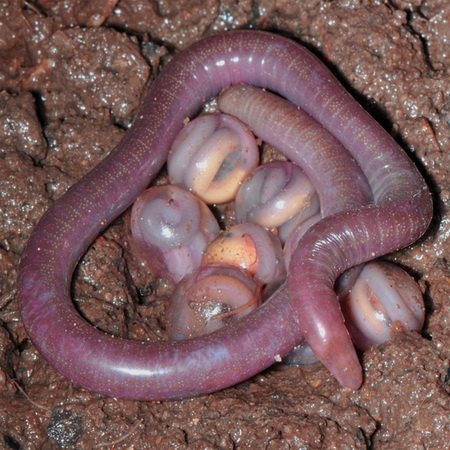
According to the BBC (UK), Chikilidae is the 10th legless amphibian family discovered. Scientists call them worm amphibians because of their earthworm-like appearance.
They are difficult to detect by living underground or under the carpet of fallen leaves in the forest. Unfortunately, the area inhabited by worm amphibians in northeastern India is very crowded and they often burn forests to get agricultural land.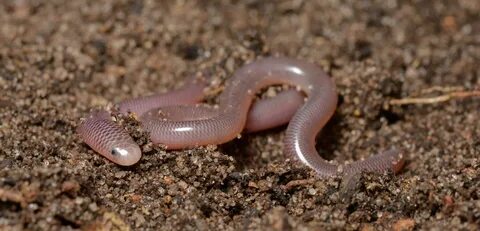
The American scientific journal Live Science reports that the females of worm-like amphibians often create nests in the ground to lay eggs. The worm-like amphibian “mother” will curl up around the egg nest, incubate the eggs, then the embryo will form and develop in the egg for 2-3 months and then hatch directly into a baby. During this time the female fasts.
Dr SD Biju, who discovered the new “family” of amphibians, working at the University of Delhi, India, said that Chikilidae’s eyesight is weak, their head bones are developed hard, suitable for digging. Scientists are continuing to work to determine their specific species names.
Interesting pictures about the “family” of worm-type amphibians Chikilidae:
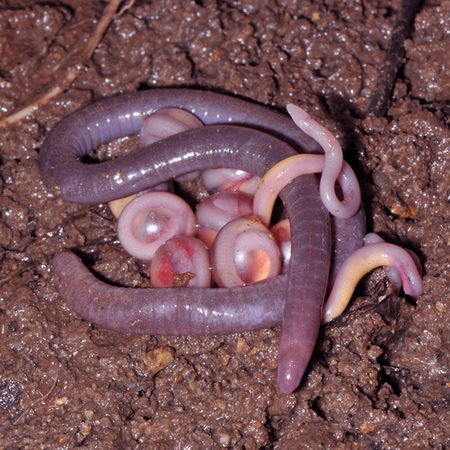
Amphibian “mother” curls up to protect the nest
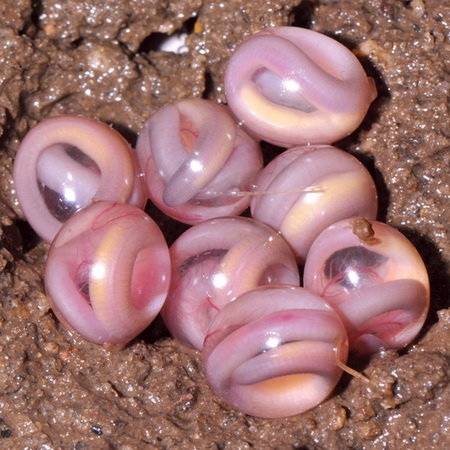
Eggs hatch directly into children, without going through the larval (tadpole) stage
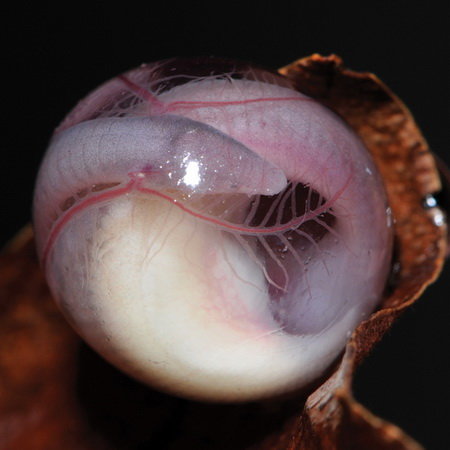
Worm-like amphibian eggs. Embryos form and develop in eggs from 2-3 months
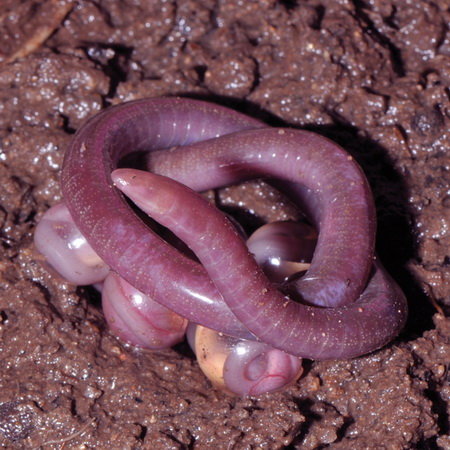
Close-up of an amphibian egg, clearly seeing the shape of the embryo inside
Worm-like amphibians are harmless, shy creatures, which is why they rarely come out of the ground
